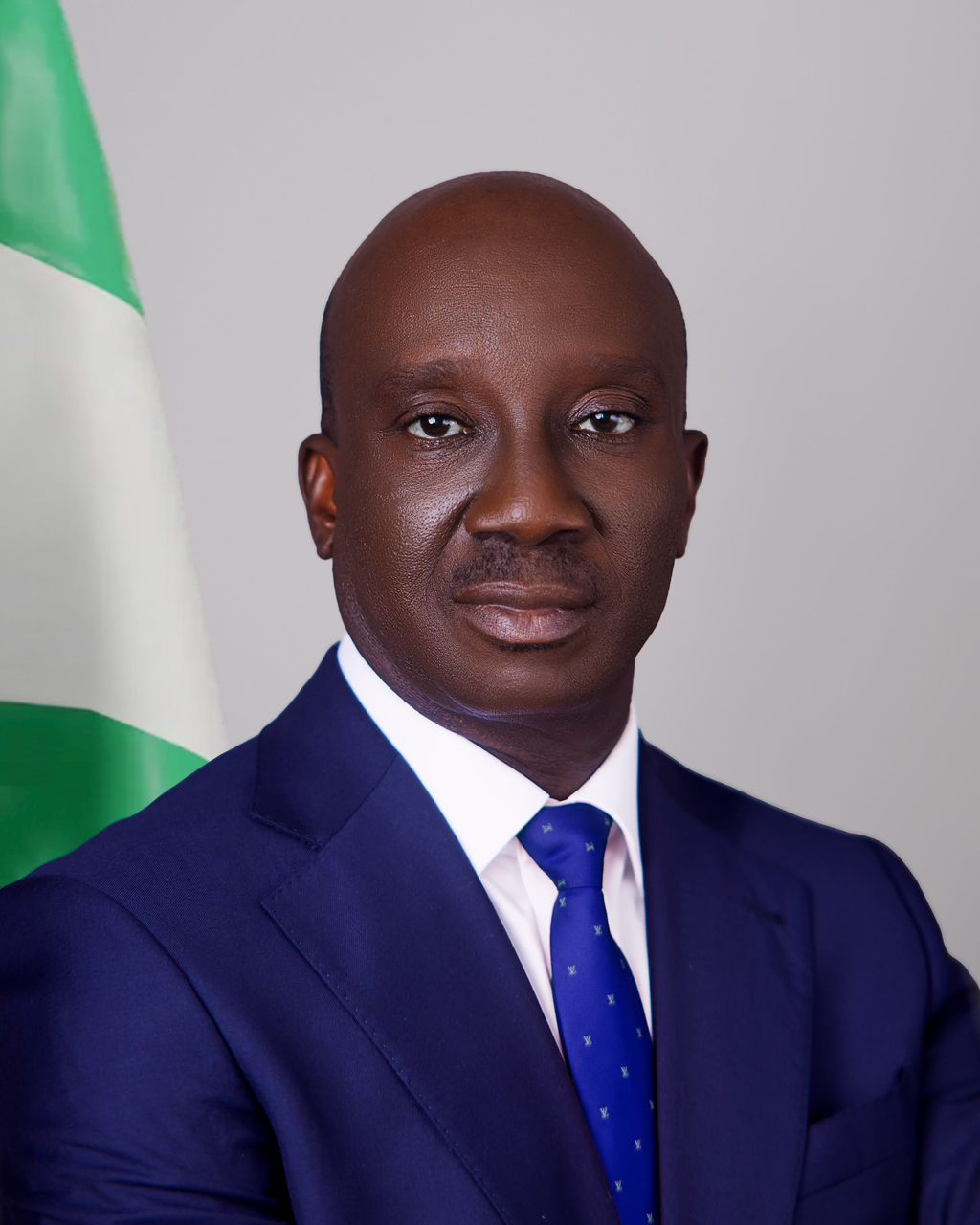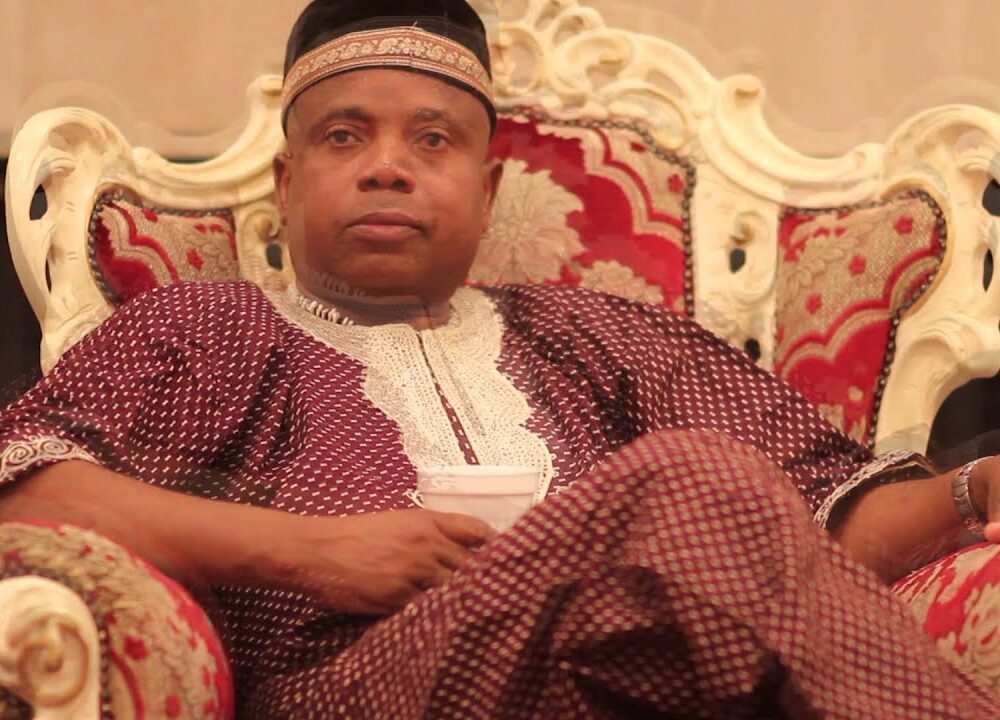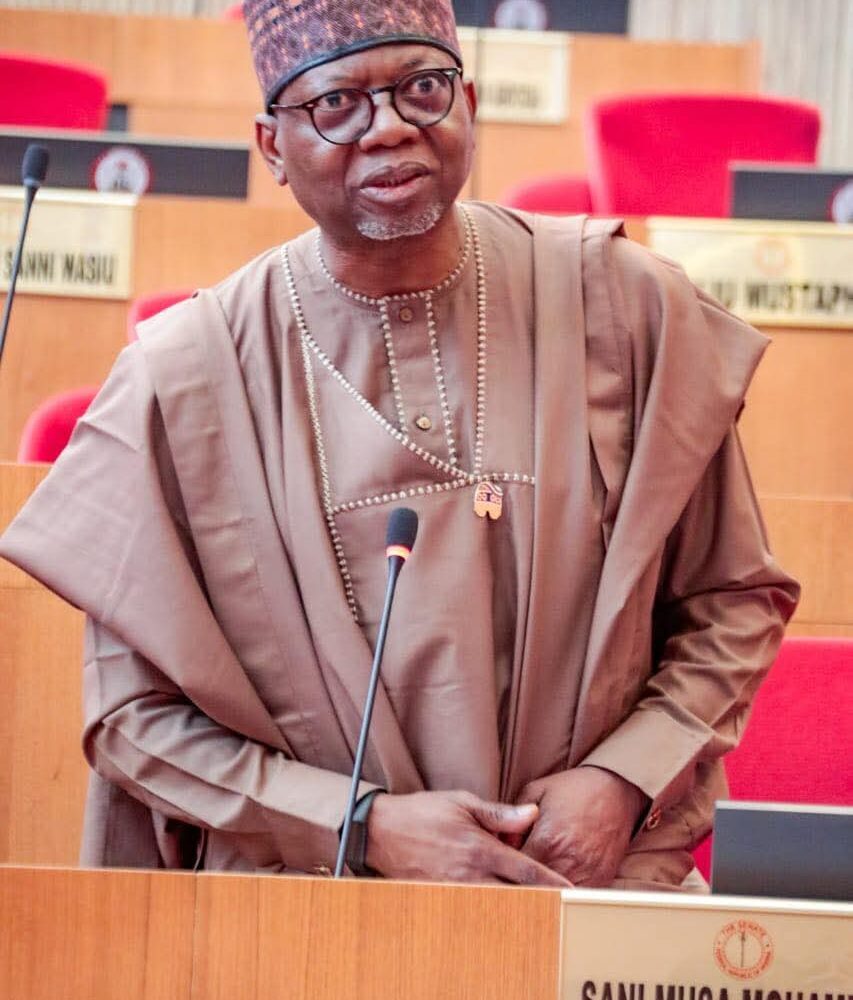Edo State has had its fair share of political drama, but the exposés surrounding former Governor Godwin Obaseki’s administration are giving Nollywood a run for its money. From land-grabbing sagas to oil palm scandals, the State has been left reeling from a cocktail of alleged mismanagement and shady dealings. Enter Governor Monday Okpebholo, the man now tasked with cleaning up the mess.
Let’s call a spade a spade. The administration of former Governor Godwin Obaseki was notorious for acts that flagrantly undermined the interests of Edo State. While his spin masters are quick to trumpet projects they claim were of high-quality, heavy-portfolio investments, fact-finding missions, and community consultations have exposed these claims as mere fabrications. It was a government of ‘obubuyeye’ —an elaborate show of smoke and mirrors where, truly, the more you looked, the less you saw.
Now, the chickens have come home to roost, and the harsh realities of Obaseki’s misrule are being laid bare. Thankfully, the people of Edo refused the shameless attempt to install a puppet administration through his political godson, which would have been nothing more than a proxy government to shield Obaseki’s tracks.
In the wake of his departure, stakeholders across Edo State are finally finding their voices and courage to speak up about the reign of terror, deceit, and mismanagement that characterized Obaseki’s eight years in office. Let us take a closer look at the damage he left behind.
Rebranded by critics as “Grabland Obaseki,” the former governor’s tenure has been likened to a real-life episode of Game of Thrones—minus the dragons but with enough land disputes to make Westeros blush. According to a damning committee report, Obaseki allegedly allocated a staggering 37,000 hectares of land to cronies, pocketing billions of naira that cannot be traced. But that wasn’t enough. The former governor reportedly had his eyes on palace artifacts, too, because why stop at land when you can aim for history?
The fallout? Communities across Edo State left in anguish, their lands handed over for private enrichment. If unchecked, critics warn, Obaseki’s reign could have turned every Edo indigene into a tenant in their homeland. At the heart of this betrayal lies the plight of Edo’s agrarian communities, whose ancestral lands were stripped from them under the guise of development. The administration turned its back on its constitutional responsibility to provide security and welfare for the people, leaving communities to fend for themselves.
Without government support, these communities have been forced into desperate self-help. Villagers constructed their own classrooms and employ teachers because the government failed to fulfill its basic educational responsibilities. Rather, it superintended over a failed local government administration, diverting resources and celebrating mediocrity. Deplorable roads were patched with makeshift palliatives, often funded by communal contributions, as state funds meant for infrastructure disappeared into private coffers. With insecurity on the rise and no intervention from the state, some communities had no choice but to rely on ill-prepared, poorly trained, and unequipped vigilante groups they constituted for protection.
This is not just neglect; it is a betrayal of the very people Obaseki swore to serve. Obaseki’s administration perfected the art of distraction. His eloquence and carefully curated public image masked an administration rife with fraud and deceit. The so-called reforms, often touted as groundbreaking, turned out to be nothing more than adacadabra—a government of illusions. Thankfully, Governor Okpebholo has vowed to recover these lands and redirect funds toward the state’s development.
If the land saga was the starter, the oil palm scandal was the main course. The Onitsha Zone Shareholders’ Association recently dropped a bombshell, accusing the former administration of colluding with Okomu Oil Palm and Presco PLC to fleece the state. According to Bishop Goodluck Akpore, the association’s chairman, these companies were gifted 36,388 hectares of land and have not paid taxes or compensated host communities. Instead, profits were allegedly funneled into private pockets, with Obaseki’s Afrinvest Company reportedly eyeing a ₦100 billion bond for future share conversion.
The allegations paint a bleak picture: multimillion-naira businesses extracting wealth from Edo soil without giving back. Host communities have no corporate social responsibility (CSR) projects to show for the companies’ presence, yet trailer loads of palm oil valued at ₦80 million each roll out of the state regularly. It is the ultimate “thanks-for-nothing” scenario.
Governor Okpebholo is not taking these revelations lightly. He has promised thorough investigations into both the land and oil palm controversies. While emphasizing peaceful dialogue, the Governor made it clear that no company or individual would be above scrutiny.
“We will seek a peaceful resolution and invite Presco and Okomu Oil to meet with us,” Okpebholo said. “Their investment is important, but they must contribute fairly to Edo State.”
The Governor’s approach is a delicate balancing act: ensuring justice for Edo people while maintaining the economic contributions of these companies. His administration has pledged to revisit tax evasion policies and explore ways to enforce compensation for land use. This signals a shift from impunity to accountability.
Obaseki’s administration will go down in history as one of Edo’s darkest chapters—a fraudulent regime that cloaked itself in eloquence while perpetuating widespread exploitation. The very communities that should have been uplifted were instead condemned to poverty, forced to build their own schools, maintain their own roads, and protect themselves from insecurity.
But Edo is resilient. The courage of its people, coupled with Governor Okpebholo’s determination to right these wrongs, signals a brighter future. The era of ‘obubuyeye’ is over, and the people of Edo will no longer tolerate leadership that speaks eloquently but delivers nothing of substance.
*Fred Itua is the Chief Press Secretary to Edo State Governor.





